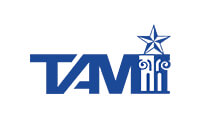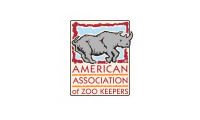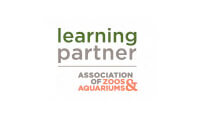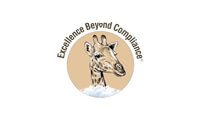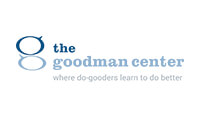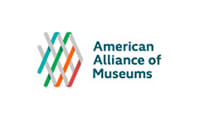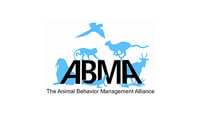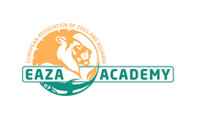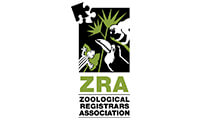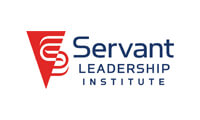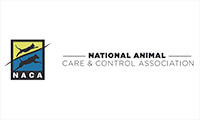Getting Better All the Time—Extra
Universal “Laws” (With Some Good Practices) to Make This a Better World for Animals
Advancing Animal Interests, Protection, and Well-Being
Drawing upon nearly 35 years of experience of “lawyering from the heart” and making a difference for animals and people, and to distill what I have learned and applied from a webinar presented to Animal Concepts, below are my 12 universal “laws” to make this a better world for animals (and people too). Understanding these and acting in alignment with them (and associated good practices, a few of which are noted) advances animal interests, protection and well-being.
- Respect for all life is the foundation
- We have but one heart, and all we do is interconnected
- Act in harmony with the good we seek for animals and others
Treating each other with greater compassion, dignity, and respect leads to more people treating more animals with greater compassion, dignity, and respect. - “Life is consciousness” (Emmet Fox)
- “Seek first to understand, then to be understood” (Stephen R. Covey with my initial inspiration from St. Francis)
- Honesty is the best policy
Know what you are dealing with/speaking about, and communicate truthfully and as transparently as possible given the circumstances. - Think constructively
An Enlightened Caregiver’s Creed- We appreciate and understand that people are concerned about the well-being of animals (whether in our care, in their native habitat, within other settings, and/or in our homes).
- We share that concern and constructively act upon it every day.
- We are humbled and grateful for the opportunity to dedicate ourselves to the well-being of the animals in our loving care.
- While respectful of differences, the one difference we focus on daily is the positive difference we can make in the lives of animals—here and everywhere.
- We thoughtfully consider any reasonable concern, and constantly review ongoing developments here and throughout the world, so as to continuously improve our service on behalf of animals.
- We put proactive thinking into good practices as we change and innovate in ways that incorporate the best interests of the animals.
- Transform challenges to make things better for animals
The Principles of Constructive EngagementHow to initiate constructive action in the face of any challenge:- Think about ways in which you can improve and how the situation can be used to help animals.
- Make those ideas even better and put the best ones into a plan.
- Take action.
- Keep thoughts and actions focused solely on getting better and helping animals.
- Be grateful that you can change yourself for the better, and in doing so help animals.
- Rise above ego and differences: Shift from being right to doing right for animals
- Do more than is required
“Going far beyond that call of duty, doing more than others expect—this is what excellence is all about! And it comes from striving, maintaining the highest standards, looking after the smallest detail, and going the extra mile. Excellence means doing your very best. In everything! In every way.”
—Jack Johnson - Continuously improve your service to animals and others
- Do the right thing
“The time is always right to do what is right.”
—Martin Luther King Jr.
The world as we have created it is a process of our thinking. It cannot be changed without changing our thinking.
—Albert Einstein
In loving memory of Maryalis Adams and Alfred Cicale, Esq., dear friends and each a good person of great faith. Each contributed greatly to enhancing the lives of others. She was a devoted teacher who shared our Thanksgiving table for years and greatly encouraged my passion for gardening. He was a Marine and an advocate of those in need of legal assistance, who taught me about many books I had yet to read and introduced me to the crooning of Russ Colombo.
© 2024 James F. Gesualdi, P.C. The opinions expressed herein are solely those of the author. This is not, nor should it be construed as, legal advice.



